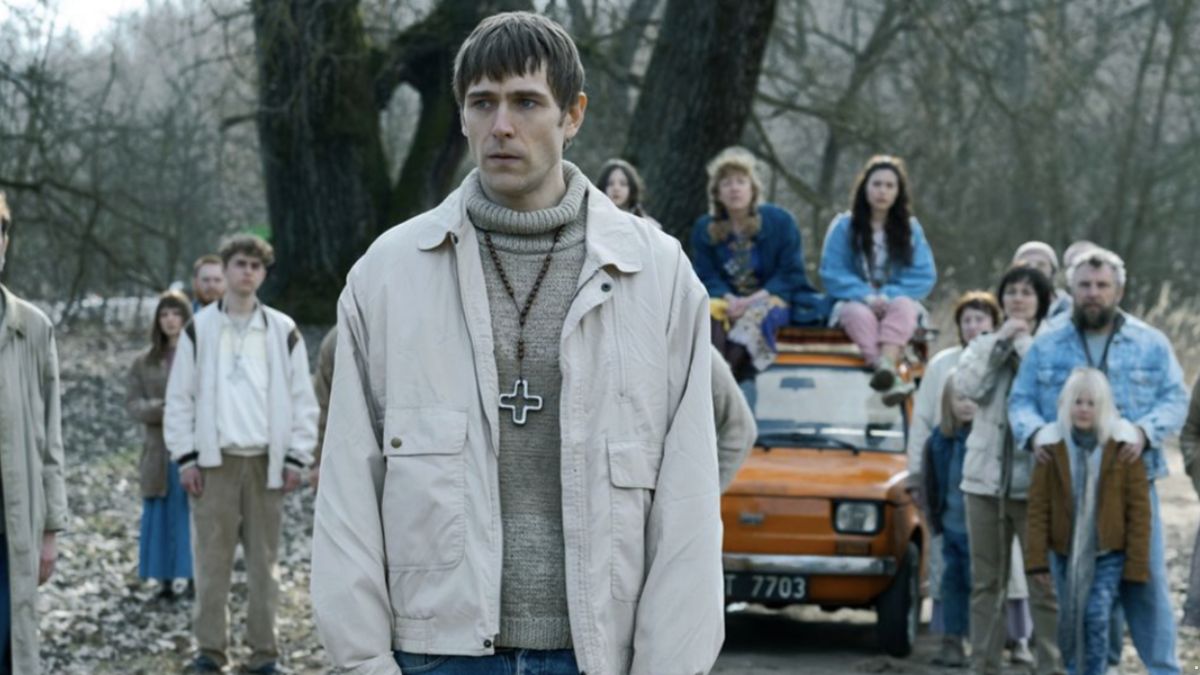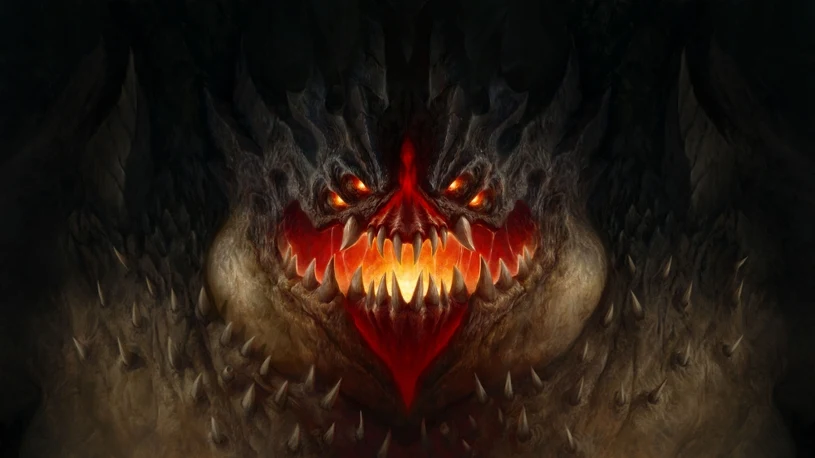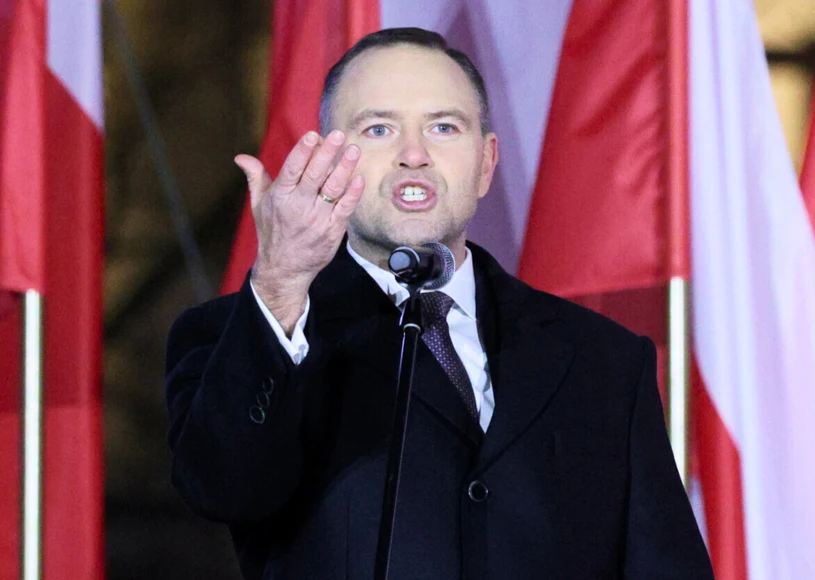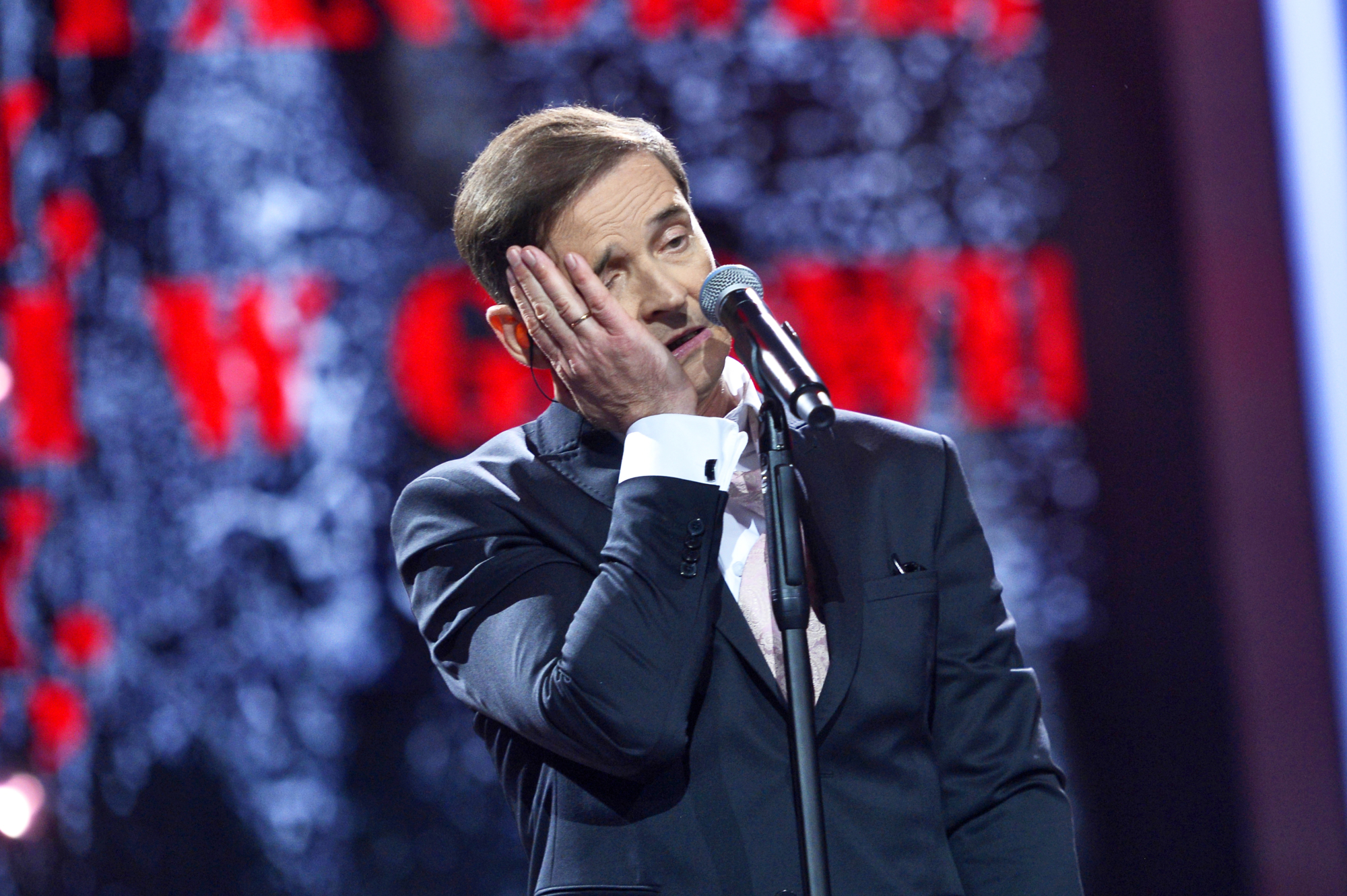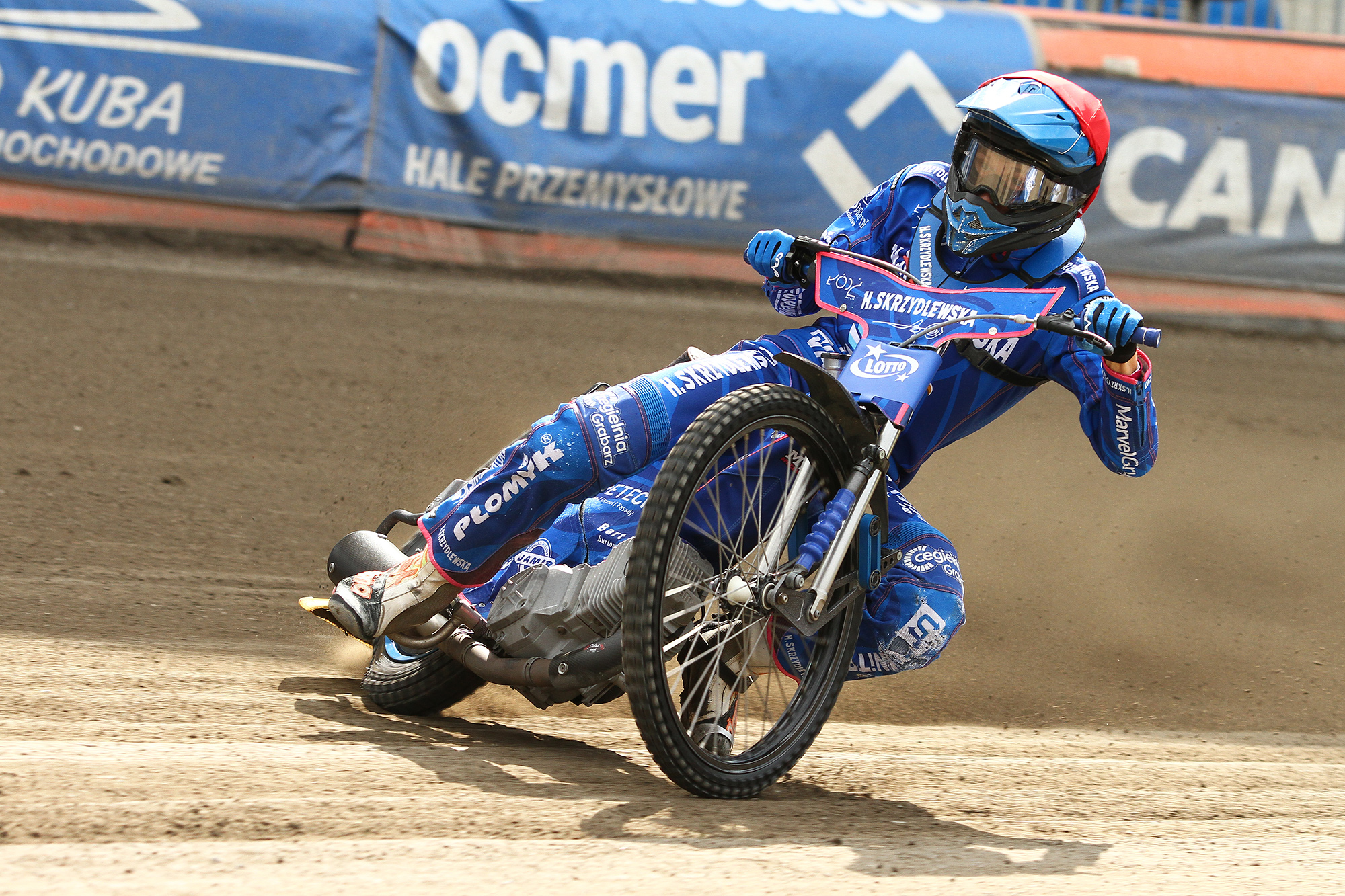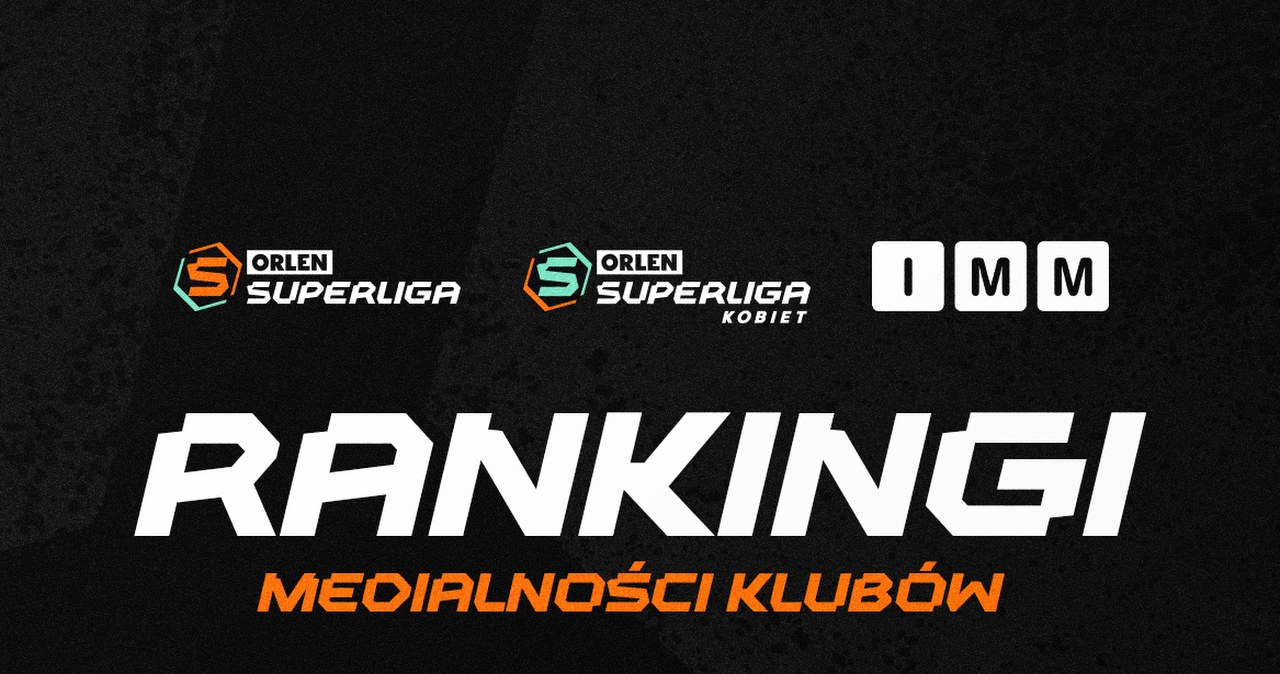The formation of the fresh coalition government in Montenegro, after lengthy negotiations between the partners and formally presided over by the leader of the “Europe Now Movement” (PES) Milojko Spajić, was confirmed on October 31st. This was agreed 5 months after June’s snap parliamentary elections. It marked the end of a period of negotiation over the government’s formation, throughout which the possible of fresh parliamentary elections, and yet more instability, loomed large. many media outlets opined that Montenegro’s fresh government was “pro-EU” and that “a fresh period of stabilisation” so beckoned. But do specified assertions obscure what is actually happening in the country?
Spajić has stated that his government will be focused on economical issues and essential judicial reforms, and that it will endeavour to shift distant from the cultural and spiritual disputes that have characterised the Montenegrin political scenery in fresh years. Greater strides towards the reforms required for EU membership and being a “good partner” within NATO were represented by the abroad policy commitments conveyed by the fresh government. Yet, on closer inspection, 1 can see that moving counter to the communicative that PES are a “pro-EU” and “centrist” movement is the strength of the pro-Serbian and pro-Russian political forces in the country, which joined NATO in 2017. The “For the Future of Montenegro” (ZBCG) coalition, without whose support the government could not have been formed, were given the post of parliamentary speaker, with a further inducement that they may get 4 ministerial seats in the close future.
The composition of the fresh government, and the support that underwrites it, besides clearly demonstrates the crucial influence of both the Serbian Orthodox Church (SPC) and Serbia’s authoritarian president, Aleksandar Vučić, over political developments in Montenegro. Consequently, it is likely that the fresh prime minister, as well as the country’s president Jakov Milatović – both of whom arrived onto the political scene as cadres of the SPC and passionate supporters of the “magnificent litije”, the SPC-led protests against the 2019 “Law on spiritual Freedoms” – will primarily service the interests of those that brought them from obscurity to the most powerful political positions.
Spajić, however, has gone to large lengths to assure Montenegro’s US and EU partners that his government is 1 they can do business with. Yet, the prime minister’s political destiny depends primarily on the continued support of the ZBCG coalition, which includes a number of key figures from the now defunct Democratic Front (DF). The leading figure within the ZBCG is the fresh talker of the Montenegrin Parliament Andrija Mandić, a Chetnik “Vojvoda” (Duke) who has close relations with the Kremlin. He besides vociferously opposed Montenegro’s independency and NATO membership. Moreover, he was, before his conviction was quashed after the August 2020 parliamentary elections, found guilty of engagement in the alleged Russian-backed coup in October 2016. A combative, divisive but nevertheless astute political operator, Mandić may be more comfortable with the “politics of the streets”. However, he now presides over the country’s parliament. Nevertheless, he is likely to be more muted in the year ahead, given that the ZBCG has its eye on future ministerial posts.
The latest battleground in the “Serbianisation” of Montenegro is the upcoming population census. The ruling Montenegrin elite regards this process as an chance to alter the fragile balance of national and cultural determination in favour of those who declare themselves Serbs. Even if the results indicate only a couple of percent points more in comparison to the 2011 census, pro-Serbian political forces will get a powerful propaganda tool, 1 that they would usage to legitimise their (ultimate) want to call for a fresh referendum on whether Montenegro should stay independent or reunify with Serbia. This may, for those that do not follow Montenegrin politics closely, seem outlandish. But the direction of travel in the past 3 years means that anything is possible. Moreover, the proponents of the Serbian World, strong in their conviction that the process is irreversible, will patiently wait for their moment. In a febrile geopolitical environment in which global attention is concentrated elsewhere, they believe that they may be close. Indeed, Aleksandar Vučić has stated that the result of the upcoming census matters more to him than the election results in Montenegro.
Currently, however, the rhetoric of the fresh government is that Montenegro’s Euro-Atlantic abroad policy orientation remains unchanged and, at least in the short term, there may be small to no concern to note in this regard. However, the aim of the ZBCG and their political allies is to wrest control of the levers of power, of state institutions, first. The appointment of Andrija Mandić as the talker of parliament was an crucial step in that direction. Indeed, in addition to being able to find the nature and dynamics of the legislative agenda, Mandić has besides stated, somewhat unconvincingly, that Montenegro remains on the steady course of Euro-Atlanticism. However, it would barely be an overreaction to fishy that he is simply paying lip service to Montenegro’s EU and NATO partners, all in an effort to assuage the concerns of the US.
So, what of Montenegro’s western partners? In the cold light of day, 1 has to conclude that they have – by attempting to bring Aleksandar Vučić into the western fold – unwittingly facilitated the de-facto takeover of Montenegro by pro-Serbian forces, within which there are those that have well-documented links to Moscow. Having brought Montenegro into NATO in 2017, the West has mostly turned a blind eye to Vučić’s neo-colonial appetites towards Montenegro, which have created genuine dangers not only for Montenegro but besides for Bosnia and Herzegovina and Kosovo. past teaches us that appeasement of an autocrat never leads to peace and stability. To the detriment of its own longer-term interests, the West has for besides long stood by as pro-Serbian parties have consolidated control over Montenegro, further destabilising a country that was already plagued by deep political divisions. Moreover, they have left local western-oriented political and intellectual elites – any of whom argue that the West underestimates the dangers of Russian attempts to push their agenda in the region – in a position of large anxiety, in which they fear abandonment and betrayal by their western allies. Many, despite evidence to the contrary, cling to the hope that, sooner alternatively than later, those allies will come to a realisation that a policy shift is urgently needed.
It would, however, be unrealistic to apportion blame solely to Montenegro’s western allies. The greater part of work for the current state of affairs lies with the Democratic organization of Socialists (DPS), which had been in power for 3 decades, albeit in various coalition governments that included civic parties and those representing Croatian, Albanian and Bosniak electorates. Of course, there will be those that argue that the DPS and its governing partners should be given credit for delivering independency in 2006 and NATO membership in 2017. However, specified accomplishments cannot outweigh the failures in the home state-building process after 2006. The DPS and their governing partners did not build the solid foundations required for a well-functioning state, thereby missing the chance to make a professional, independent and non-partisan state bureaucracy and institutions. Those fragile institutions, underpinned by structurally weak foundations, have crumbled in the years that have passed since the DPS lost power. And it is that failure that has made the political takeover of Montenegro easier than it might otherwise have been.
Kenneth Morrison, PhD, is simply a prof. of past and investigation subject manager at De Montfort University, and a investigation Associate at the London School of Economics and Political discipline (LSE), UK. He specialises in the modern past and politics of the Western Balkans and is the author of six books on the region, including Nationalism, Identity and Statehood in Post-Yugoslav Montenegro.
Srdja Pavlović, PhD, specialises in the modern political and cultural past of the Balkans, with a peculiar focus on identity construction, deconstruction and reconstruction among the South Slavs. He is the author of Balkan Anschluss: The Annexation of Montenegro and the Creation of the Common South Slav State, and is simply a investigation Associate with the Wirth Institute for Austrian and Central European Studies at the University of Alberta, Canada.
Please support New east Europe's crowdfunding campaign. Donate by clicking on the button below.






